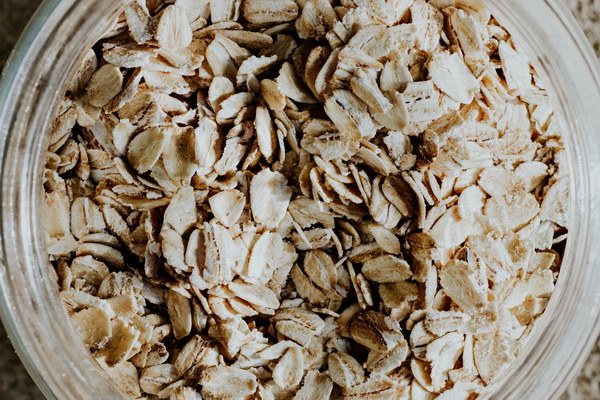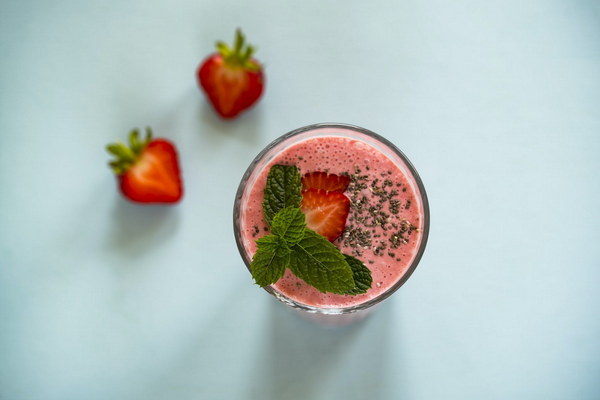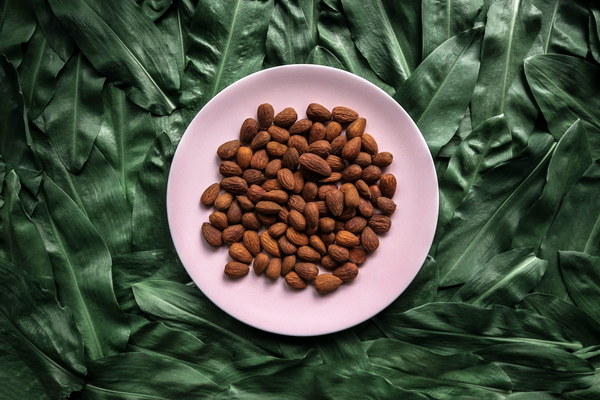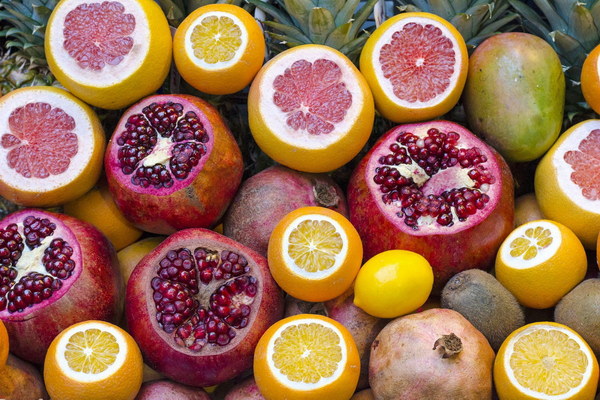Can You Eat Pineapple to Remove Dampness A Comprehensive Guide
Introduction:
Pineapple, with its sweet and tangy flavor, is not only a delightful treat but also rumored to possess properties that can help remove dampness from the body. But can you really eat pineapple to achieve this? In this article, we will explore the potential benefits of pineapple in reducing dampness, its scientific backing, and how to incorporate it into your diet effectively.
1. Understanding Dampness:
Dampness is a concept often associated with traditional Chinese medicine, referring to an imbalance in the body's moisture levels. It is believed to be caused by factors like excessive humidity, damp weather, or poor diet, leading to symptoms such as fatigue, body ache, and digestive issues. While modern medicine does not recognize dampness as a physiological condition, many people still seek natural remedies to alleviate its symptoms.
2. The Potential Benefits of Pineapple:
Pineapple is rich in bromelain, an enzyme that has been found to have anti-inflammatory properties. Bromelain is believed to aid in digestion by breaking down proteins, which may help alleviate symptoms of dampness. Additionally, pineapple contains other nutrients such as vitamin C, manganese, and antioxidants, which contribute to overall health and may support the body's ability to fight off infections and maintain proper bodily functions.
3. Scientific Backing:
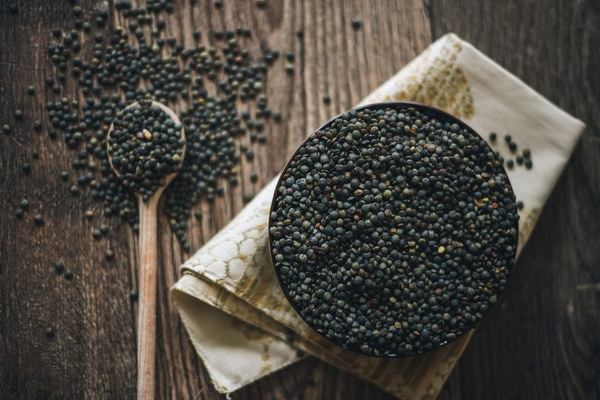
While traditional beliefs attribute various health benefits to pineapple, scientific research is limited. Some studies have shown that bromelain may help reduce inflammation and improve digestion. However, more research is needed to determine the exact role of pineapple in removing dampness.
4. Incorporating Pineapple into Your Diet:
If you are considering incorporating pineapple into your diet to combat dampness, here are a few tips:
a. Fresh Pineapple: Enjoy fresh pineapple slices or chunks as a healthy snack or add them to salads, smoothies, or desserts.
b. Pineapple Juice: A glass of freshly squeezed pineapple juice can provide the necessary nutrients and enzymes. However, be cautious with added sugars and preservatives found in store-bought juices.
c. Pineapple Tea: Brew pineapple tea by steeping pineapple chunks or slices in hot water for a few minutes. This can be a refreshing and soothing beverage to help alleviate dampness symptoms.
d. Limit Consumption: Although pineapple has potential benefits, it is essential to consume it in moderation. Overindulging in pineapple may lead to stomach discomfort due to its high fiber content and bromelain.
5. Alternative Remedies:
If you are looking for additional remedies to combat dampness, consider the following:
a. Dietary Adjustments: Reduce the intake of dampening foods such as dairy, sugar, and fried foods. Focus on a balanced diet rich in fruits, vegetables, and lean proteins.
b. Herbs and Spices: Incorporate herbs and spices like ginger, turmeric, and cinnamon, which are believed to aid in reducing dampness.
c. Exercise: Regular physical activity can improve circulation and help eliminate dampness from the body.
Conclusion:
While pineapple is a nutritious and tasty fruit, its effectiveness in removing dampness remains a topic of debate. While scientific research is limited, incorporating pineapple into a balanced diet may provide some benefits. However, it is crucial to combine its consumption with other natural remedies and lifestyle adjustments for optimal results. Always consult with a healthcare professional before making significant changes to your diet or treatment plan.

